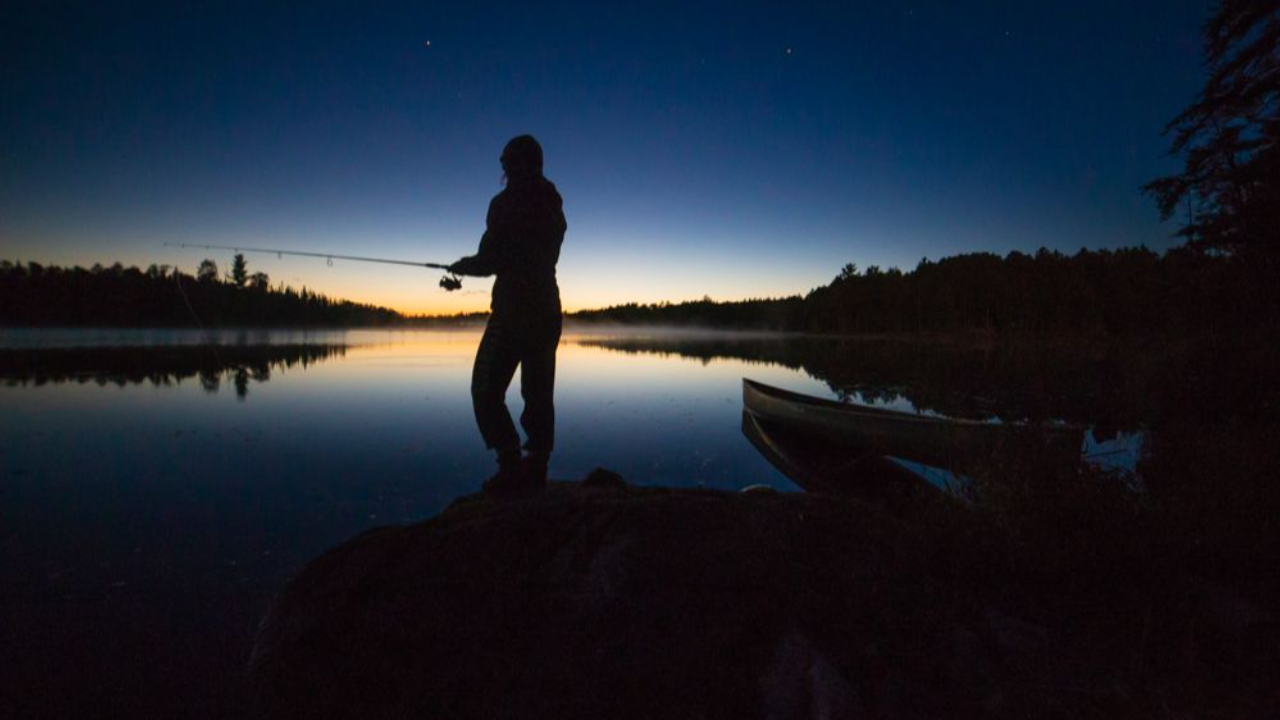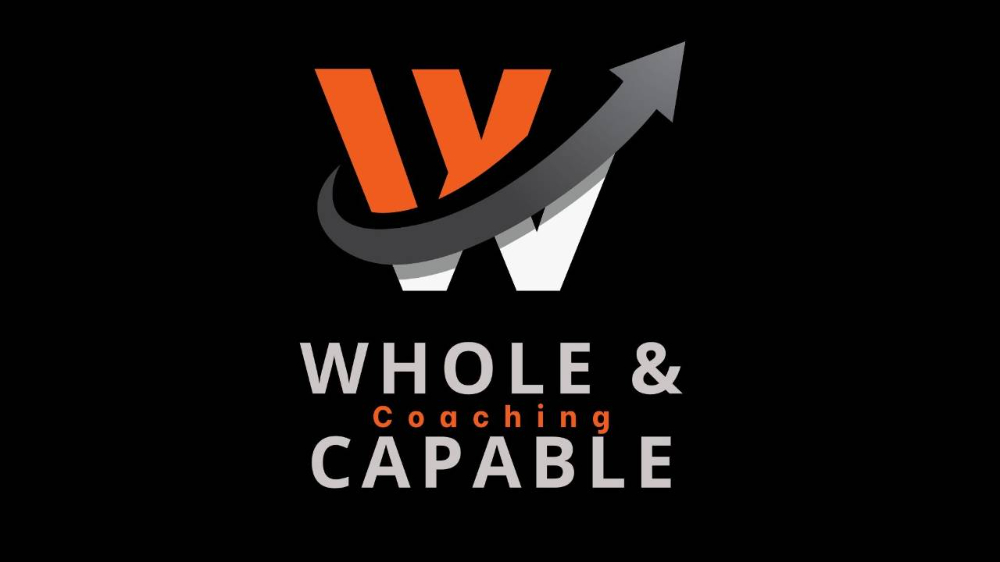Catch and Release
May 30, 2025
The lake was calm that morning, the kind of stillness that makes you whisper even though there’s no one around to hear you. I sat on the beach not far from my mother reading the latest Judy Blume novel. Escaping into a book each week was perhaps the one luxury that saved me. I can see my father in his boat in the middle of a crowded lake. All the boats were full of competitors aimed at catching the largest fish in Twin Lakes annual derby. I see him shift his weight back and forth and within minutes he has started the motor and is coming back to shore. Eager to see what he has brought back I run to the dock and he tells me to get into the boat. Excited to participate in the event I jump in and suit up. I sit on the shelf next to him and as we are heading out to his spot he whispers something to me. I reply loudly over the sound of the engine, "what?". Instantly he grabs my arm and tells me to lower my voice and I can feel that there is something going on. He makes eye contact with me and then his eyes drift to the cooler box under the front bench and back to my eyes. I follow to the cooler box and move to the front bench and start to open the cooler. Inside is a fish, a large lake trout which is still flopping around. The boat comes to a stop and my dad drops the anchor and hands me a rod. He tells me to let out the line and wait. I wait and then I hear him telling me that I am about to catch a fish about the same size as the one in the cooler and I am going to get excited. Not too excited but just enough to be convincing to all the other people around us. I am confused and I ask him why we are pretending and he looks at me with contempt and suddenly I feel small and stupid. So I dip the end of the pole in and get excited and maneuver the pole in the water just long enough for my dad to pretend to use the net to pull out a big fish. He let's out a cheer and everyone around watches as we head back to shore to weigh in. My dad makes me take the fish by the gills and carry it to the stand. As the fish is registered in my name the two clerks look at each other and then to me. I look down at my hands that are covered in fish slime and I feel their look coating me in shame. I want to crawl under the table and go unseen for my crime and as I look back at my father I can see that it isn't pride in his eyes but greed. He is focused on the scoreboard and his watch which tells me that the timing is everything. I head back over to my mom avoiding her gaze because I know the crime I was part of. I know what has been recorded in the history of the tournament. All that I can think about is never wanting to be part of the charade again because the shame was not worth it. I sit down in the sand and try to release the shitty feelings by digging into my novel: Blubber. The irony of the novel discussing bullying is not lost on me and I realize that bullies come in all forms and are usually guided by their own trauma wounds.
At the time, I didn’t have the words to explain the knot in my stomach, the instinctual unease at what was being asked of me. I trusted my father, so I did as I was told, holding the fish with a mixture of pride and shame, knowing I was claiming a moment that wasn’t mine. It wasn’t about the fish—it was about the deeper ripple that moment left inside me.
Looking back now, with the clarity of years and the lens of my work as a trauma-informed coach, I see that moment for what it was: a fragment of the generational trauma that shaped my inner voice. My father’s need for me to claim the catch wasn’t about me; it was about him. It was about a pattern he had learned long before I was born—a cycle of needing to project a certain image, no matter what truths were sacrificed in the process.
Generational trauma is like that fishing line—an invisible thread that connects us to the past, often without our conscious awareness. It pulls us into patterns we didn’t choose, patterns that feel as ingrained as the motion of casting a rod into water. And yet, just as we can choose to release a fish back into the depths, we can choose to release these cycles, too.
Breaking the cycle doesn’t mean we deny the past or pretend it didn’t happen. It means we recognize it, hold it in our hands, and decide what to do next. For me, that meant untangling the lessons I learned from moments like that fishing derby. It meant acknowledging the shame I carried—not for the fish, but for the deeper sense that my worth was tied to someone else’s expectations. It meant understanding that my father wasn’t trying to harm me; he was operating from his own wounds, wounds he didn’t know how to heal.
Choosing to break the cycle is an act of both courage and compassion. It’s about learning to hold the pain and release it, like a fish returned to the water. It’s about forgiving the people who handed us these patterns, not to absolve them of accountability but to free ourselves from the weight of resentment. It’s about giving ourselves permission to rewrite the narrative, to say, “This ends with me.”
Now, as I help others navigate their own journeys of healing, I often think back to that fishing derby. I think about the fish, the line, the look in my father’s eyes as he handed me the fish. And I think about how far I’ve come—not just in recognizing the patterns but in choosing not to pass them on. I’ve learned that breaking the cycle is an act of radical love, not just for ourselves but for the generations that come after us. It’s a way of ensuring that the stories we tell, the lessons we teach, and the legacies we leave are rooted in truth, resilience, and healing.
So, to those who feel the weight of the line pulling them back to a past they didn’t choose, I offer this: you have the power to let go. You don’t have to carry the patterns of those who came before you. You can choose what to hold onto and what to release. And in that release, there’s a magical freedom—that freedom is as vast and deep as the waters we cast our lines into, fishing not for perfection, but for peace.
Enjoy that read? Wondering how coaching could help you get the life you want? Tap Here!
Anastasia Jorquera-Boschman is a retired teacher, principal and educational consultant who now spends her new life holding space for her clients as a Trauma-Informed Resilience Coach. She is a writer, speaker and podcast host who practices Catch and Release daily.



